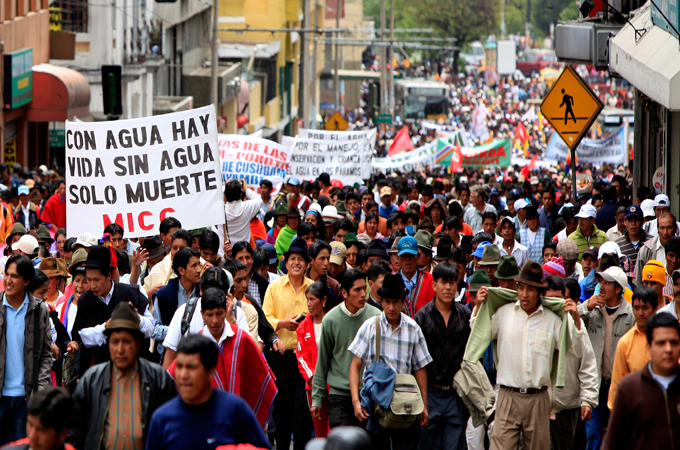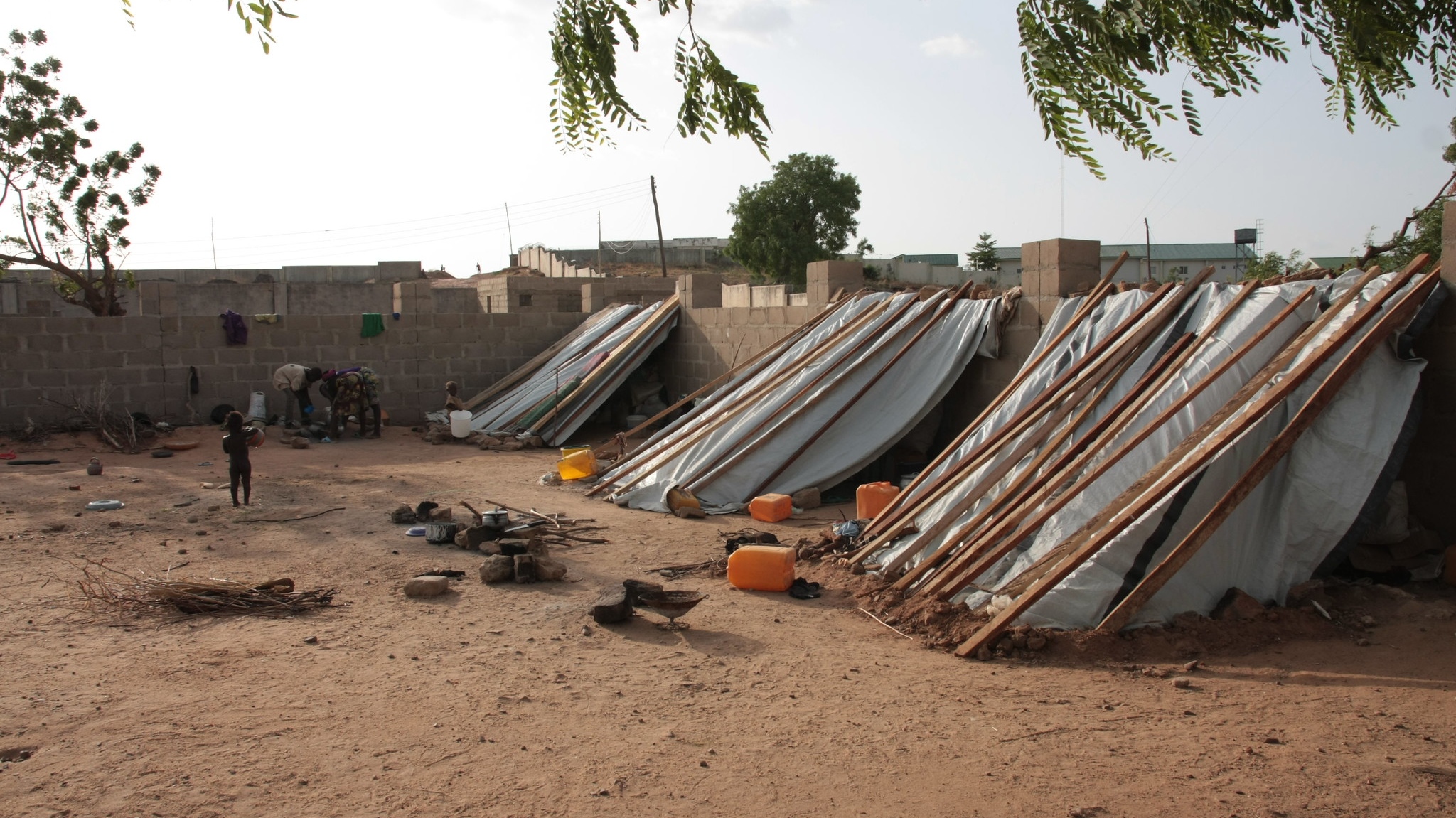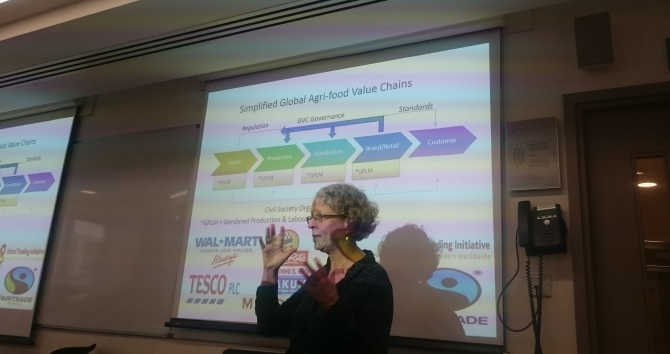Professor Robert Wade responds to Martin Wolf’s recent article, “Liberalism triumphant and embattled”, for the Financial Times:
05 July 2019
………………
Martin Wolf, in “Liberalism triumphant and embattled” (July 3), says: “Societies based on liberal ideas are the most successful in history,” He illustrates his column with a chart of countries placed by GDP per head on the vertical axis and a liberalism score on the other. Conclusion: “liberal societies tend to be rich and rich societies tend to be liberal”.
So countries’ relative prosperity depends (mostly) on their internal institutions, policies, and ideas, as the position of runners’ in a marathon depends on their internal capabilities. But this obfuscates how today’s rich liberal societies got that way. Most of them forged far ahead of the rest of the world on the back of slave systems, or colonial systems in which fledgling industrial activity in tropical colonies was deliberately snuffed out so that the technologically sophisticated activities would grow only in the metropolitan countries.
Today, similar relationships continue, without overt coercion.
As David Pilling has explained in these pages (“We all collude in exploiting commodity-rich nations”, November 29 2018), African producers of cashew nuts export them in-shell, and receive an income – from monopsonistic buyers — that keeps them on the margins of existence, while we graciously consume them at middle-class cocktail parties. The producers are not slaves, but they are in a power relationship not so different.
The economist Yilmaz Akyuz* recently calculated that nine emerging economies in the G20 have been transferring, through the capital account, around 2.3 per cent of their combined GDP per year through 2000-2016, almost all to advanced countries, especially US, Japan, Germany, and the UK; and 2.7 per cent in 2016.
These and other net resource flows from the “periphery” help keep rich liberal societies that way. China, having engineered its way from periphery into the semi-core, has disrupted this system by means of a non-liberal developmental state helping its firms exploit the opportunities of a mostly liberal international economy. One of the big issues of the next several decades is whether today’s rich liberal societies can sustain their liberalism in the face of non-liberal competitors like China.
Robert H. Wade
Professor of Global Political Economy
Dept of International Development
London School of Economics, UK
*Akyuz, Y. 2018, “ External balance sheets of emerging economies: low-yielding assets, high-yielding liabilities”, WP 476, Political Economy Research Institute, University of Massachusetts Amherst.
Robert H. Wade is Professor of Political Economy at the London School of Economics.
This article was first published on the Financial Times.
The views expressed in this post are those of the author and in no way reflect those of the International Development LSE blog or the London School of Economics and Political Science.





